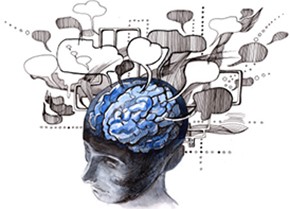How we make choices: Congregations and the psychology of risk

Psychologists Daniel Kahneman and Amos Tversky have challenged the notion that humans generally make rational and informed economic choices. They argue that we make choices based less on a carefully reasoned assessment of outcomes and more on perceived risks of loss and gain. Moreover, they say, these choices are shaped by forces beyond our conscious awareness and are outside our control.
Kahneman won the Nobel Memorial Prize for economics in 2002 for his work in prospect theory, which describes the way people manage risk and uncertainty. Kahneman’s 2011 book Thinking, Fast and Slow explains ramifications of the theory and offers insights that are startling and useful for people who aren’t economists—including those who lead congregations.
One of Kahneman’s insights involves the power of the priming effect. Researchers discovered that the frequency of our exposure to a word, concept or number conditions our thinking. If we read the word eat often enough, for example, the next time we see a word that could be read as either soup or soap, we’re likely to choose soup. If we see references to the temperature being 68 degrees often enough, we’ll emphasize summer rather than winter the next time we make a choice between the two seasons. This sounds simple, even trivial, but priming effects can dramatically influence expectations and decision making. Through marketing, research or collective memory, a prime concept can be imprinted in our minds and remain there despite rational efforts to change it.





